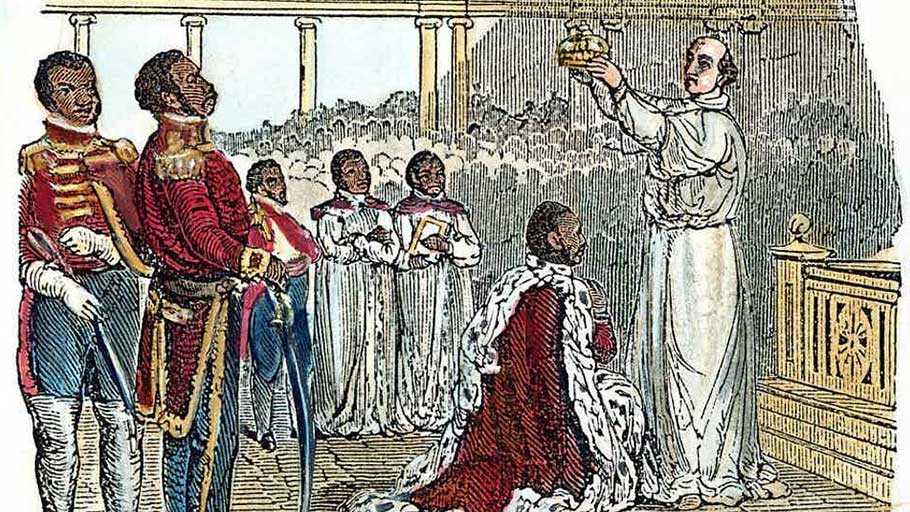
By Marlene Daut, University of Virginia — Marvel’s blockbuster “Black Panther,” which recently became the first superhero drama to be nominated for a Best Picture Academy Award, takes place in the…

By Marlene Daut, University of Virginia — Marvel’s blockbuster “Black Panther,” which recently became the first superhero drama to be nominated for a Best Picture Academy Award, takes place in the…
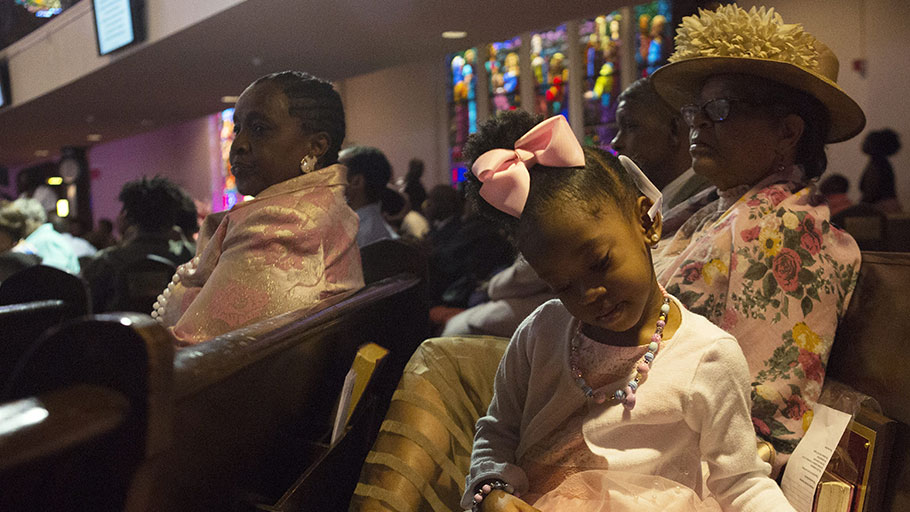
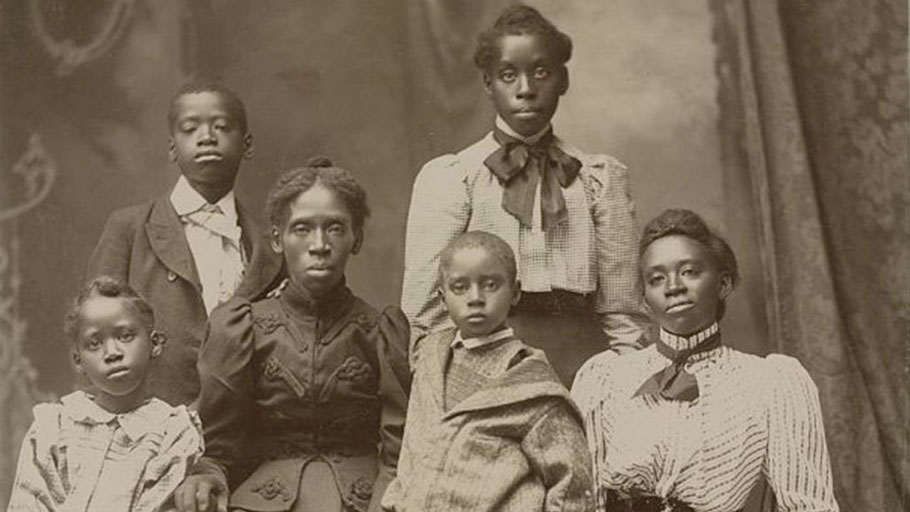
Frazier B. Baker was the first black postmaster in Lake City, South Carolina. By Associated Press — LAKE CITY, S.C. — A South Carolina town’s post office will be named…
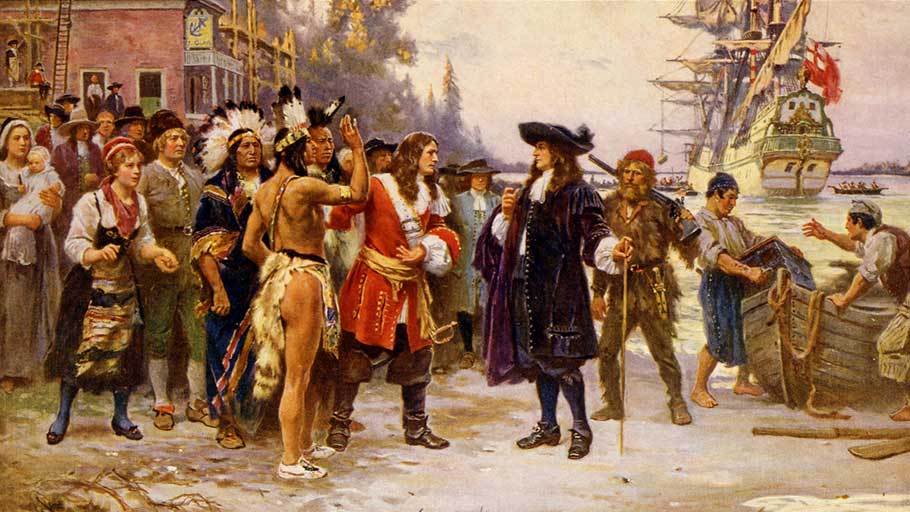
The flap of a butterfly’s wings really can cause a hurricane. By James Watkins, OZY — The very first immigrant from Thailand to Iceland arrived in 1979. Not a huge amount is…
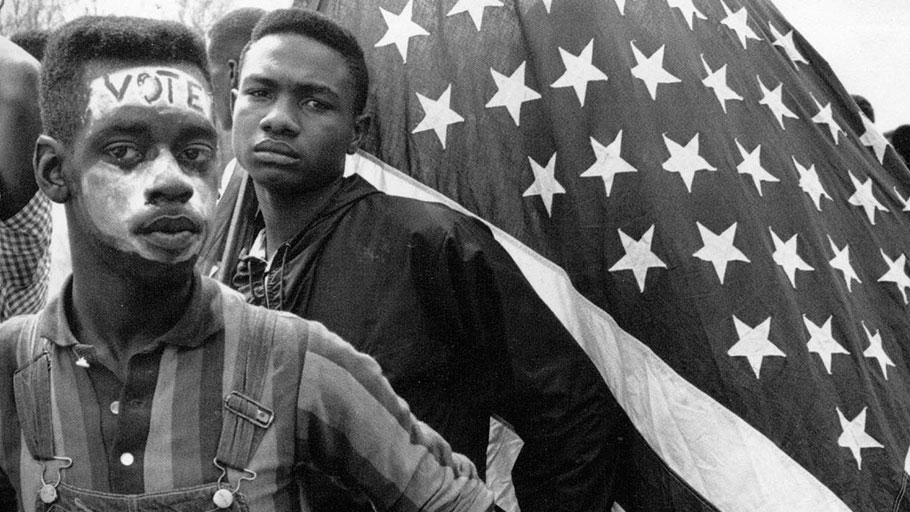
By Bruce Hartford, Civil Right Movement Veterans — Note: This brief time-line describes an American history of oppression, persecution, and discrimination in regards to voting rights. But in all of the events described here, those affected were not submissive or passive victims, – rather they fought for their rights with whatever means they had. Similarly, much of this short summary consists of legislative and legal milestones. But those laws and…
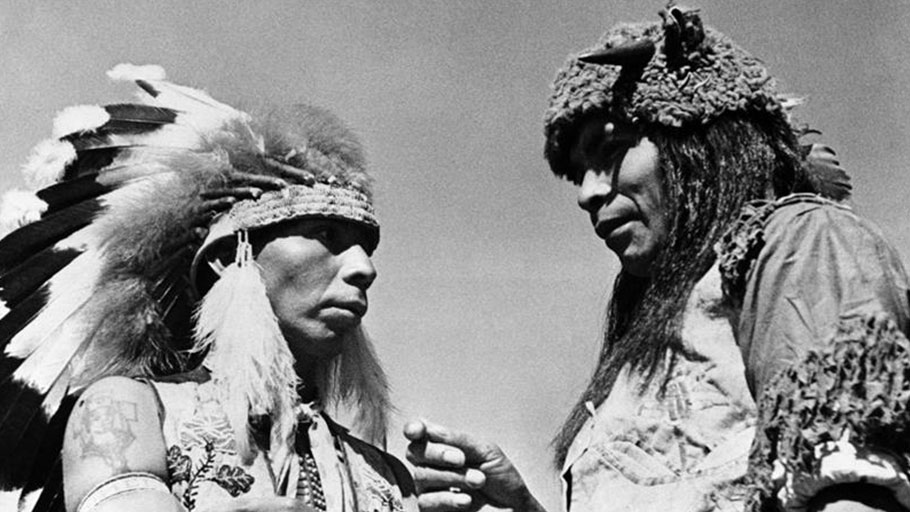
And how black people in Indian Territory were denied their rights even after their emancipation. By Alaina E Roberts, Al Jazeera — Last week marked the 153rd anniversary of the ratification of the 13th Amendment to the US Constitution in 1865. Rightly celebrated as a milestone for the black American community, the 13th Amendment led to the eventual liberation of all African Americans enslaved in the United States of the late…
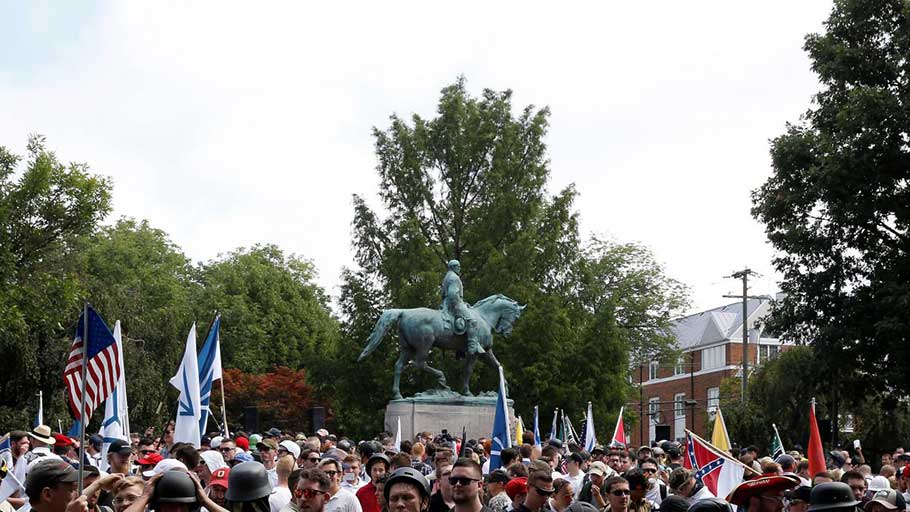
Slavery and the Legacy of White Supremacy. By Annette Gordon-Reed, Foreign Affairs — The documents most closely associated with the creation of the United States—the Declaration of Independence and the Constitution—present a problem with which Americans have been contending from the country’s beginning: how to reconcile the values espoused in those texts with the United States’ original sin of slavery, the flaw that marred the country’s creation, warped its prospects, and eventually…
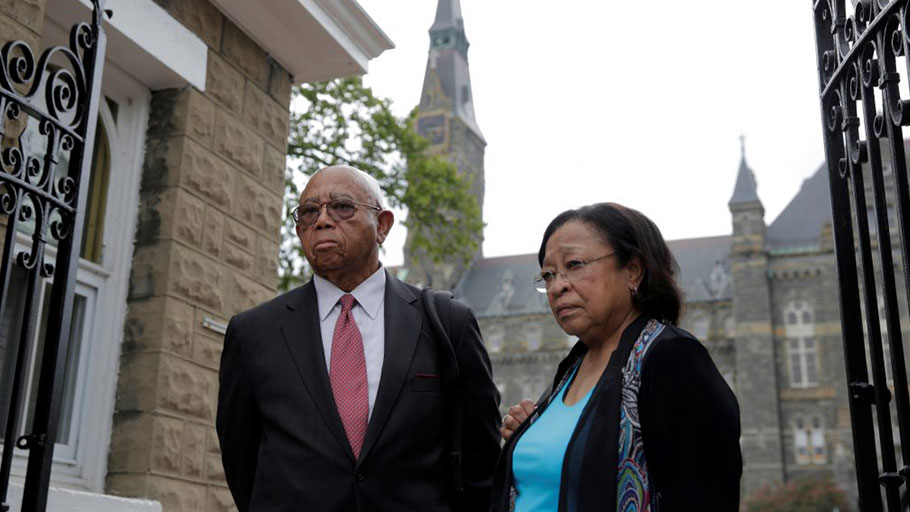
By Eugene Mason, PBS — The United States owes African-Americans reparations for slavery, a recent report by a United Nations-affiliated group said. The UN Working Group of Experts on People of African Descent said that compensation is necessary to combat the disadvantages caused by 245 years of legally allowing the sale of people based on the color of their skin. The U.N. group warned that the U.S. has not confronted its legacy of “racial terrorism.”…
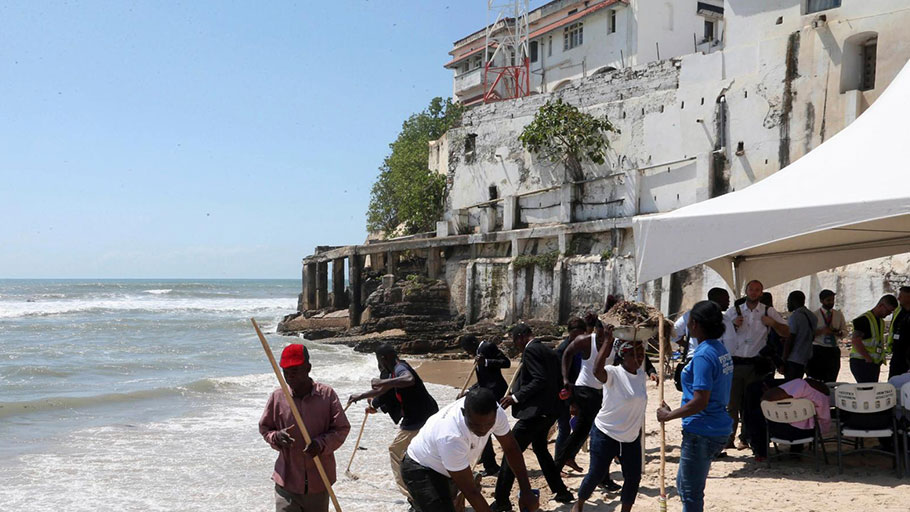
What a Danish slave trade castle in Accra revealed about Ghana’s history and my family. By Rachel Ama Asaa Engmann, Hampshire College — As a Ghanaian archaeologist, I have been conducting research at Christiansborg Castle in Accra, Ghana. A UNESCO World Heritage site, the castle is a former seventeenth century trading post, colonial Danish and British seat of government, and Office of the President of the Republic of Ghana. Today,…
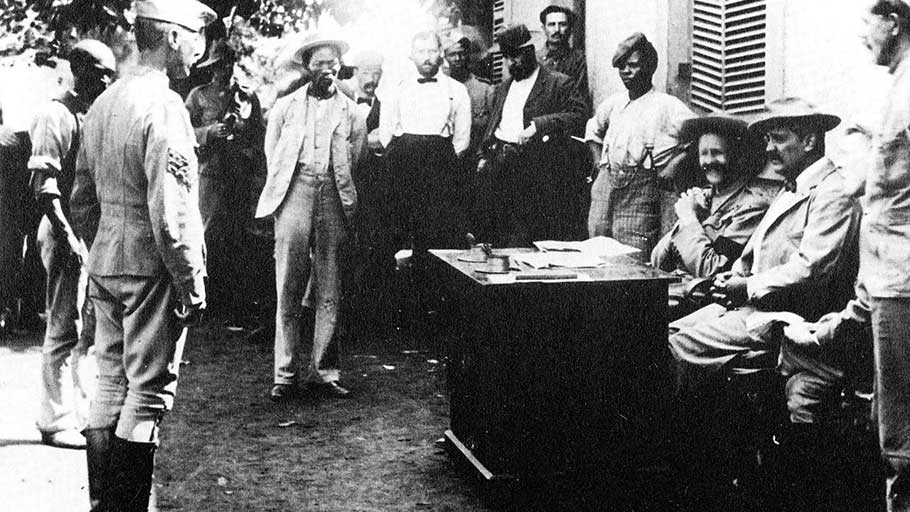
Solomon Plaatje, an early ANC leader, came to America in 1921 to expose the growing number of race laws back home. By Matthew Blackman, OZY — A short, well-dressed 44-year-old…
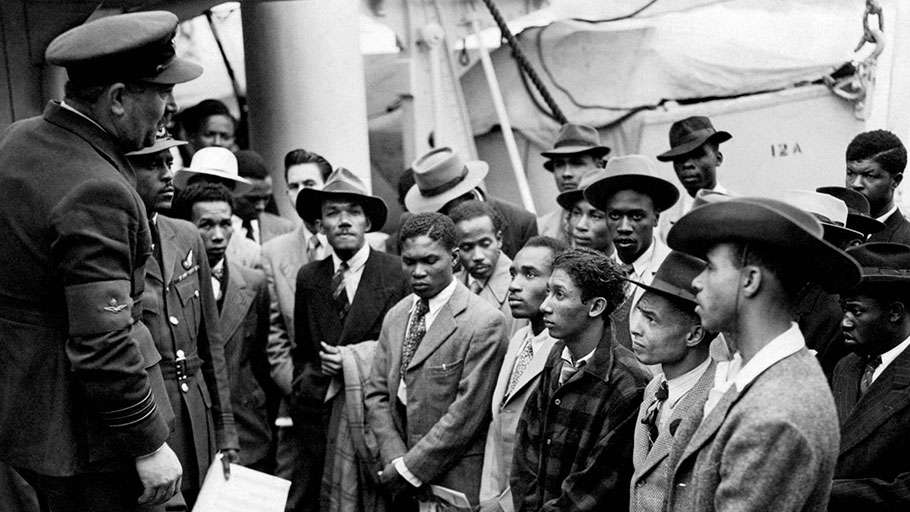
How Staying Power shook British history. When it was published in 1984 Staying Power vividly captured the struggle for black British identity. Nearly 35 years on it still has lessons to teach. By Gary Younge, The Guardian — “The very serious function of racism is distraction,” Toni Morrison argued in a lecture in Portland, Oregon, in 1975: It keeps you from doing your work. It keeps you explaining, over and…

Scotland should take responsibility for the major and highly lucrative role it played in the transatlantic slave trade. By Elliot Ross, Al Jazeera — The late Jamaican-British intellectual Stuart Hall liked…